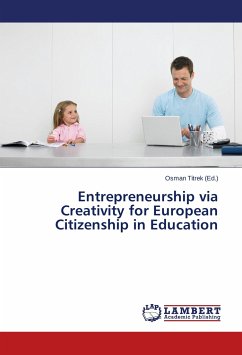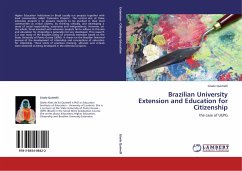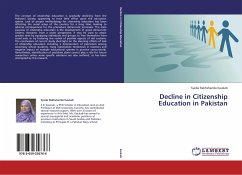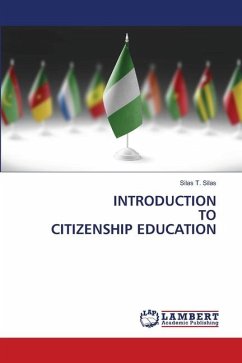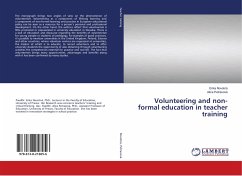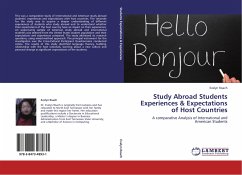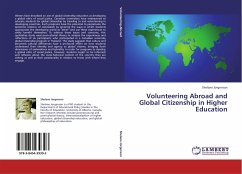
Volunteering Abroad and Global Citizenship in Higher Education
Versandkostenfrei!
Versandfertig in 6-10 Tagen
39,99 €
inkl. MwSt.

PAYBACK Punkte
20 °P sammeln!
Writers have described an aim of global citizenship education as developing a global ethic of social justice. Canadian universities have endeavored to educate students for global citizenship by traveling to and volunteering in developing countries. Such programs have the potential to perpetuate the epistemic violence of colonialism by ignoring the ways in which students appropriate the developing world as other and use these experiences to solely benefit themselves. To address these issues and concerns, this qualitative study used post-colonial theory to analyze the experiences and reflections...
Writers have described an aim of global citizenship education as developing a global ethic of social justice. Canadian universities have endeavored to educate students for global citizenship by traveling to and volunteering in developing countries. Such programs have the potential to perpetuate the epistemic violence of colonialism by ignoring the ways in which students appropriate the developing world as other and use these experiences to solely benefit themselves. To address these issues and concerns, this qualitative study used post-colonial theory to analyze the experiences and reflections of six participants who participated in a Canadian university global citizenship program in Thailand. The study suggests that culture and perceived cultural differences have a profound effect on how students understand their identity and agency as global citizens, bringing forth dimensions of ambivalence and hybridity. In order for programs to develop a global ethic of social justice, however, students ought to be informed and reflexive about the socio-historical context of the country they are visiting as well as their positionality in relation to those with whom they engage.





